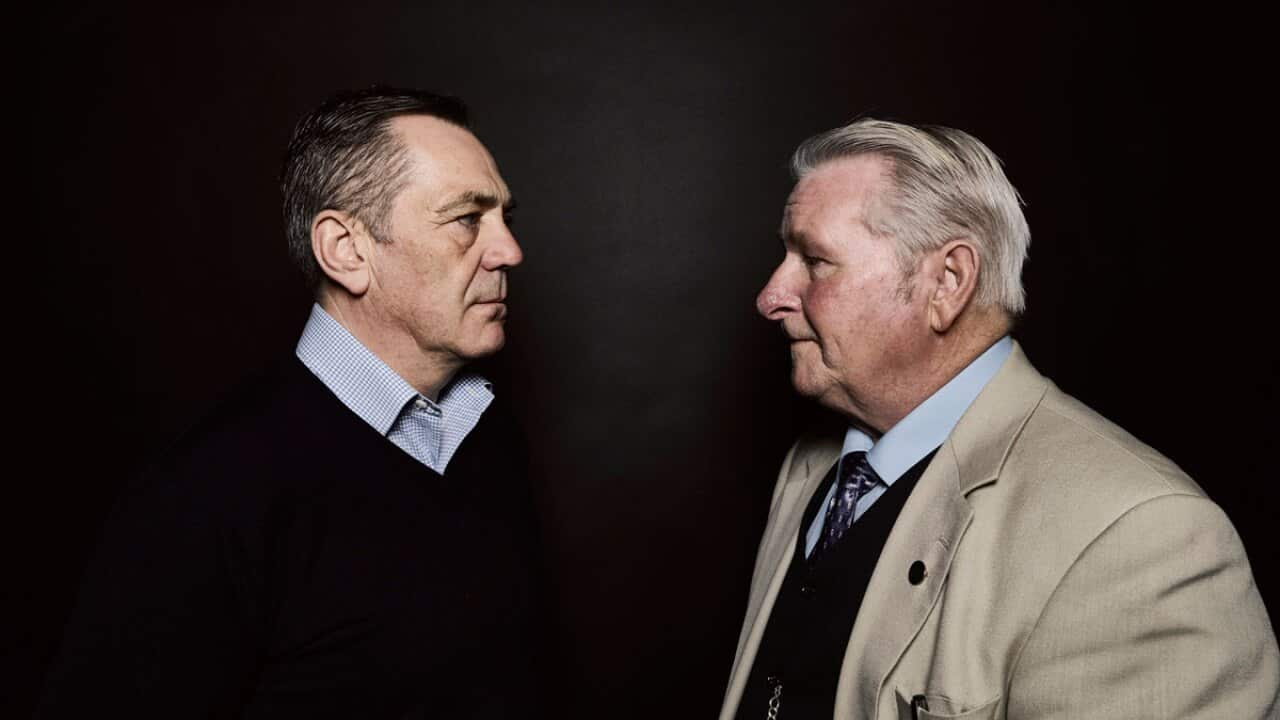Celebrities are strange. They crave the fame and attention that comes with whatever brought them to the world’s attention, but for some of them even that adulation isn’t enough. They want to be taken seriously. Some use the stage to illuminate the problems of the world. Some establish foundations to fund pet causes. And some, when celebrity has really gone to their head, go into politics. These are their (mostly American) stories.
Al Franken got serious about the people’s work
After two stints as a writer/performer on Saturday Night Live, Al became a liberal activist and wrote books about politics with titles such as Lies and the Lying Liars Who Tell Them: A Fair and Balanced Look at the Right, which should give you some idea of how he viewed the system. Since 2009, he’s been representing Minnesota as a Democratic senator, battling hard for health care and credit reform (and apologising for rolling his eyes and making hand gestures during opponents’ speeches).

Source: Supplied
Tim Ferguson got his deposit back against Andrew Peacock
At the height of the Doug Anthony All Stars’ power, in 1990, they launched the “It’s Tim” campaign to unseat then Federal Opposition Leader Andrew Peacock. Thanks to a groundswell of support, he received 3.7 per cent of the vote – enough to get his deposit back. In 2013 he announced on Q&A that he was running for the Senate, but that was a less successful bid.

Source: Tim Ferguson
Jesse Ventura bodyslammed Minnesota into submission
If you’re wondering how the American people could have possibly voted Trump to the White House, it pays to remember that The Body had four years of control over an entire state. From 1999 to 2003, Predator’s self-described “goddamn sexual Tyrannosaurus” reformed property tax, reduced income tax and waged war against the press, who he referred to as “media jackals” (it was even printed on their press passes).

Source: Supplied
Arnold Schwarzenegger turned “Governator” into a legitimate word
Proving it wasn’t just Minnesota that loved a big guy in the big chair, Arnie seized control of California in 2003 thanks to a combination of name recognition, “girlie men” slurs and insouciant cigar-chomping. From a right-wing start he moved more towards the centre with inclusive, concilitary politics and staffing choices that crossed the party divide – actions he could arguably take because his name-recognition value outweighed the Republican machine.

Source: Movie still
Peter Garrett went mainstream and lost his edge
After unsuccessfully running for the Senate as a Nuclear Disarmament Party candidate in 1984, Peter became part of Kevin Rudd’s big renewal of federal politics in 2007 when he was parachuted into the role of Minister for the Environment, Heritage and the Arts as a Labor man. For the next few years, Oils fans read Oils lyrics with furrowed brows as their outsider activist declared his support for the US military facility at Pine Gap, approved expanision of a South Australian uranium mine and said “short, jocular conversation” a lot.

Source: AAP
Ronald Reagan went from chimp flicks to the White House
1955 Doc Brown considered a Reagan presidency as laughable as 1985 Doc would have considered a Trump presidency, which just goes to show you can’t trust scientists who build time machines out of Deloreans. After a youth spent outing fellow actors as Communists to the FBI, Ron worked his way up from Californian governor to make Jimmy Carter a one-term president in 1980. In the Oval Office, he became an icon to conservatives with his economic views, tough talk against the USSR and getting off scot-free on that whole Iran-Contra thing. How did Donald Trump turn his celebrity into a run for the White House? Tune in to the feature-length documentary President Trump on SBS at 8:30pm Sunday 15 January.
How did Donald Trump turn his celebrity into a run for the White House? Tune in to the feature-length documentary President Trump on SBS at 8:30pm Sunday 15 January.

Source: Promotional Image





